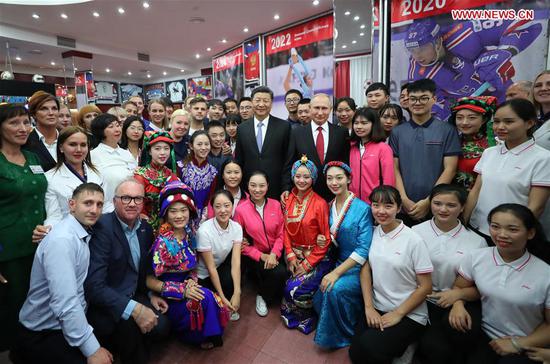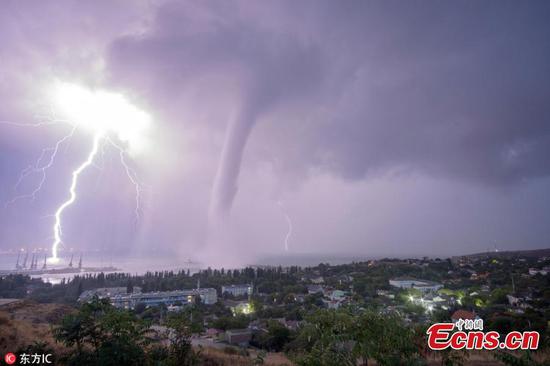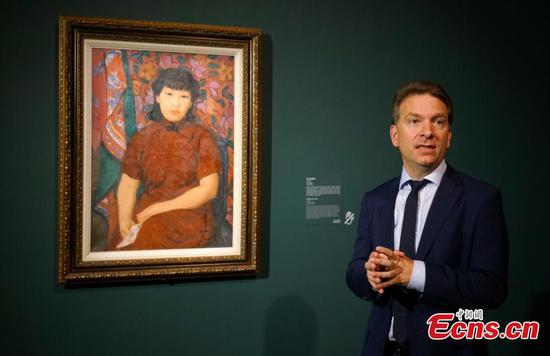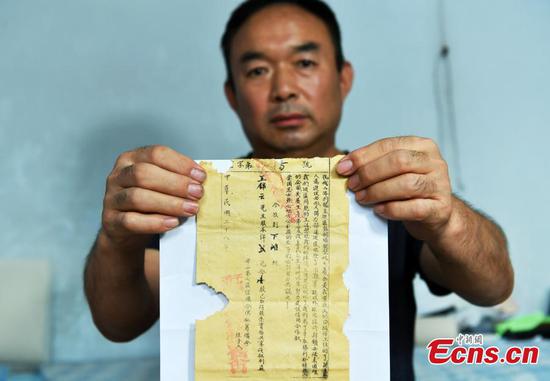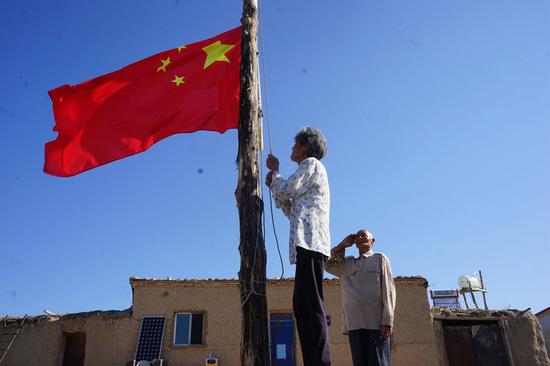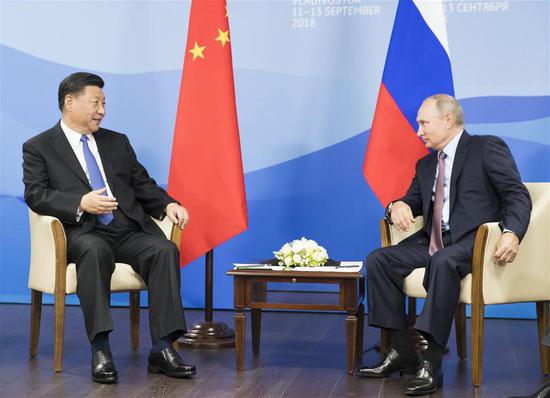While some Western countries are turning their backs on Chinese telecoms equipment providers such as Huawei Technologies and ZTE Corp, Russia welcomes more investment from Chinese companies in the information and communications technology (ICT) sector, which is in line with Moscow's ambition to build a digital society.
Huawei Russia is considering opening a new research and development (R&D) center in Russia, which would be the third in the country after the Moscow and St. Petersburg R&D centers, Huawei Vice President Amy Lin told the Global Times on Tuesday during the 4th Eastern Economic Forum held in Vladivostok, a city in the Russian Far East.
"We value long-term development in overseas markets, not only in terms of providing products and services, but also in cooperation with local small start-up companies, and contributions to locally based research and education programs," Lin said, noting that with 21 years of operations in Russia, Huawei considers itself a local company.
The location of this new center is not decided yet, she said.
In August, the U.S. banned government personnel from using Huawei and Australia barred the company from providing equipment to support the country's new telecommunications networks.
"The company, as a global ICT equipment provider, doesn't only focus on one single market," said Xiang Ligang, chief executive of telecom industry news site cctime.com.
"In the Russian market, Chinese companies face fewer obstacles in the ideological sphere compared with other Western countries," he said.
The partnership between Russian local telecom services provider Rostelecom and Chinese companies has a long history of mutually beneficial cooperation, Andrey Polyakov, a PR representative of the Russian company, told the Global Times.
Both sides aim to intensify work in the field of data transmission services and the introduction of more advanced technological solutions, systems and products for use in the telecommunications network of Rostelecom, Polyakov noted.
When operators in Europe, the U.S. and China are bringing forward 5G plans, Russia still lags behind.
"The most advanced technologies are not always necessarily the most needed ones," Lin said, noting that the most important thing when it comes to 5G is not merely the technology itself but also successful 5G applications and the real needs of subscribers.
Unlike China, Russia will see more challenges in carrying out large-scale 5G plans considering its widely dispersed population and remote areas, Xiang noted.
Still, the country could start trials in some major cities, as it needs to meet growing demand for ICT upgrading and improve industrial efficiency, he said. The Chinese telecoms services provider holds an open attitude about working on 5G development in Russia, according to Huawei Russia.
















